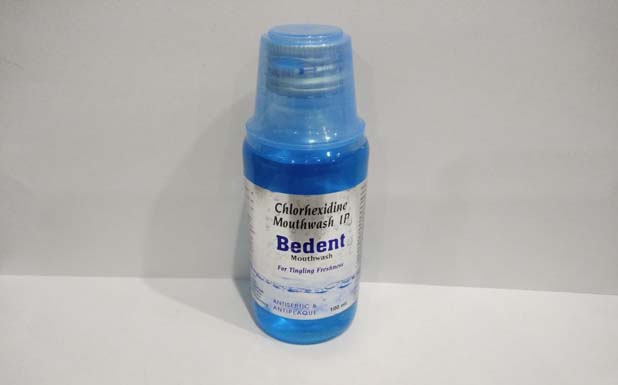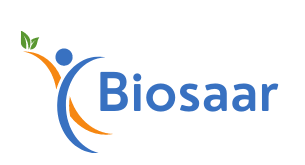Mouthwash, also termed as oral rinse which is a liquid product used to rinse teeth, gums, and mouth. It contains an antiseptic to kill harmful bacteria present between your teeth and on tongue. It contains Chlorhexidine Gluconate which is a disinfectant and topical anti-infective agent to prevent oral plaque. It is antimicrobial and bactericidal.
Treatment & prevention of gingivitis
Maintenance of oral hygiene
Chlorhexidine is a broad-spectrum biocide effective against gram-positive bacteria, gram-negative bacteria and fungi. Chlorhexidine inactivates microorganisms and has a quicker kill rate than other antimicrobials. It shows bacteriostatic (inhibits bacterial growth) as well as bactericidal (kills bacteria) mechanisms of action, depending on its concentration. Chlorhexidine kills by disrupting the cell membrane is shown to have the unique ability to bind to the proteins present in human tissues such as skin and mucous membranes with limited systemic or bodily absorption. It is then released slowly over time to kill bacteria and fungi. This helps to reduce the bacterial count and prevents dental plaque. It has become significant part of dentistry due to its ability to adhere to soft and hard tissue and maintain a potent sustained release.
Tongue discoloration
Mucosal irritation
Reversible brown staining of the teeth.
Tooth staining
Decreased taste sensation
Do not swallow the mouthwash
Do not rinse your mouth with water or other mouthwashes right after using chlorhexidine gluconate

| Chlorhexidine Gluconate | 0.2% w/v |
